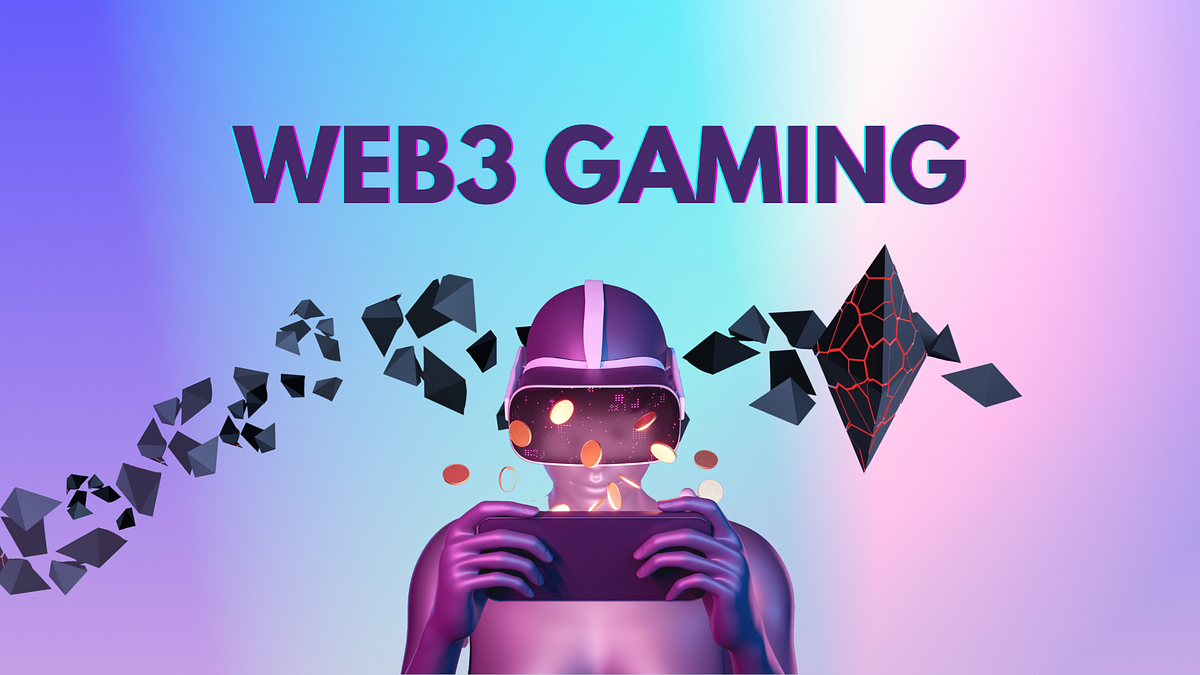According to Jason Lau, chief innovation officer of OKX, Web3 games could foster communities by informing players about the advantages of Web3 technology.
As Web3 games continue to garner interest, OKX thinks that the growth of the cryptocurrency gaming ecosystem requires a Web 3 counterpart of Steam, one of the most popular Web2 digital game distribution platforms.
The company started OKX GameSphere in July to speed up Web 3 gaming. Developers can incorporate Web3 components such as cryptocurrencies and non-fungible tokens (NFTs) with this platform.
Since its inception, developers have been responsive and appreciative of the assistance with Web3 mechanics, user experience, liquidity, and distribution, according to OKX Chief Innovation Officer Jason Lau.
Despite Steam Being Banned, Cryptocurrency Games Continue to Thrive.
A well-known online gaming store with chat and multiplayer capabilities is called Steam. Thanks to it, players can communicate and engage in online gaming with buddies. By 2028, the platform is predicted to bring in $8.8 billion in revenue and have millions of active users daily, with 34 million members at its peak.
Lau responded, “Steam has successfully distributed Web2 games, but it lacks Web3 elements,” when asked why Web3 needed a platform similar to Steam. Lau claims that although the platform “set a high bar” for Web2 gaming, it lacks absolute digital ownership and decentralized economies. Lau clarified:
“This prevents game developers from creating new gaming experiences, implementing innovative business models and building deeply engaged communities.”
The company that makes Steam, Valve, banned games with blockchain technology off its platform in October 2021 and cautioned users against posting content on NFTs or cryptocurrency. The video game maker published guidelines stating that programs that provide NFTs or cryptocurrency are not allowed on its platform.
Steam prohibited cryptocurrency gaming, while Web3-native platforms saw the ecosystem thrive. According to Lau, GameSphere has integrated games, such as massively multiplayer online role-playing games (MMORPGs) and football simulators, since its launch.
The CEO said that The Open Network (TON)-based games and massively multiplayer online role-playing games with Web3 elements will continue to be added.
The gaming-focused blockchain Ronin surpassed other active blockchains on July 29 by recording 2 million daily active users. This increase in activity, according to co-founder Jeffrey Zirlin of Sky Mavis, “showcases the hardcore community” that they’ve developed since the debut of their well-liked play-to-earn (P2E) game, Axie Infinity.
Web3 gaming is just getting started.
Lau thinks Web3 gaming is still in its infancy despite its success. According to the CEO, games still need to work out how to maximize Web3 features. Lau clarified:
“While there have been breakout hits, progress has not been steady, and engagement has come and gone. Games haven’t really found the right balance on how to surface and take advantage of Web 3 elements.”
According to Lau, the success of Web3 gaming depends on ongoing innovation and an emphasis on distinctive game mechanics that make game material entertaining and exciting. This would enable games to break free from the Web2 game mold and create a long-lasting community.
Lau went on to say that developers had to concentrate on building communities by informing gamers about the advantages of Web 3 technology.



